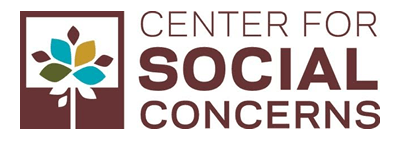Watch video of the Keynote Address:
The Future is Now: Innovative Responses to Global Adversity
Global development and collaboration cannot be halted due to COVID-19 or any other global adversity. The ways we approach integral human development must be adaptable to our ever-changing global environment. Oftentimes, new solutions are driven by unavoidable barriers and unexpected set-backs, and impressive innovations arise from times of crisis. In the midst of the COVID-19 pandemic, creative adaptability is key to persevering in the mission of integral human development, which is to foster conditions conducive to flourishing for every individual and every community. So far, we have seen a contagious energy as new methods of communication and collaboration inspire hope for the achievement of this mission. In a time with added fear and uncertainty, social connectedness is truly the only way forward. From the bottom up, integral human development must be fueled by a commitment to social connectedness through inclusive discourse and collaborative innovation.
In light of COVID-19, this year all students will be presenting virtually via Zoom.
Conference Sponsors:
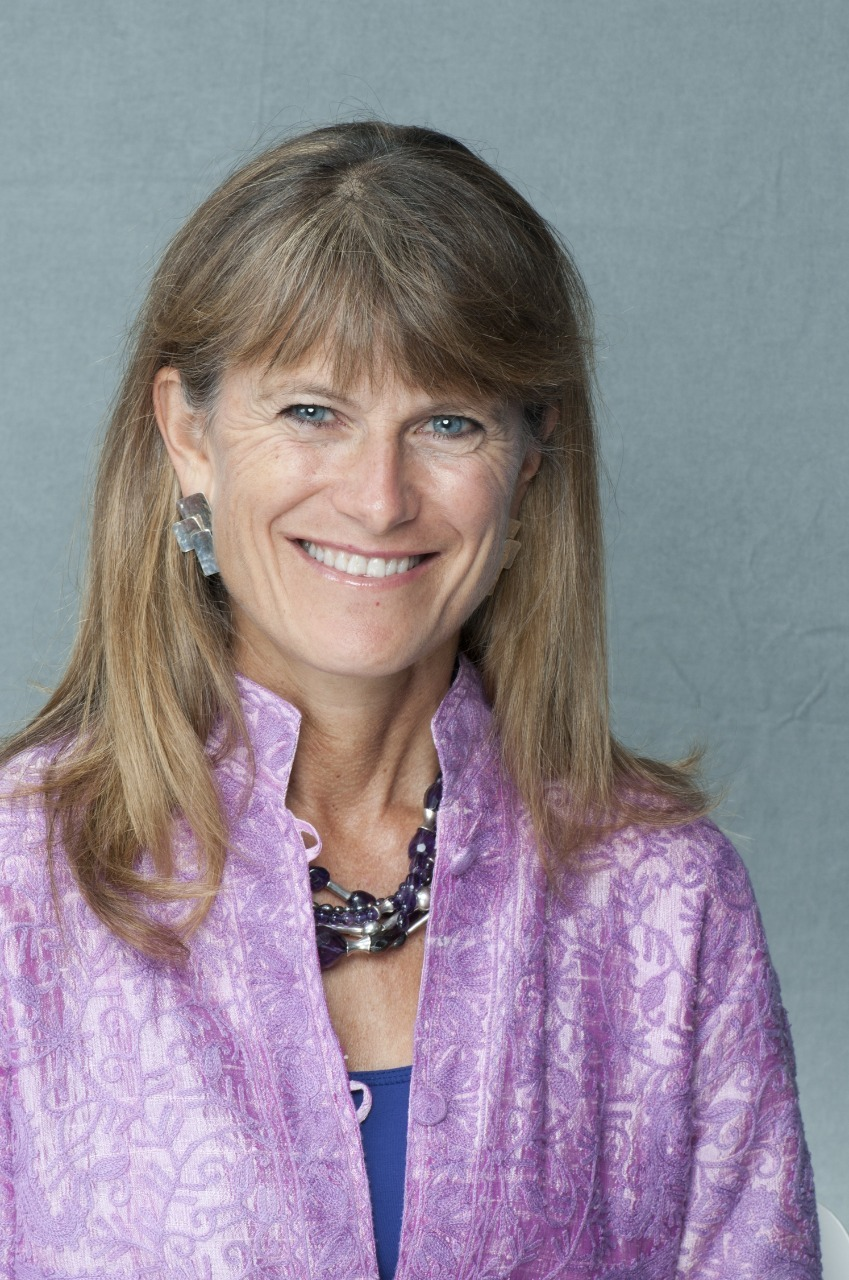 We are thrilled to invite Jacqueline Novogratz to serve as the HDC 2021 Keynote Speaker.
We are thrilled to invite Jacqueline Novogratz to serve as the HDC 2021 Keynote Speaker.
Jacqueline’s work began in 1986 when she quit her job on Wall Street to co-found Rwanda’s first microfinance institution, Duterimbere. The experience inspired her to write the New York Times bestseller, The Blue Sweater: Bridging the Gap between Rich and Poor, which chronicles her quest to understand poverty and challenges readers to grant dignity to the poor and to rethink their engagement with the world.
She founded Acumen in 2001, at a time when few had heard of the words impact investing. Nineteen years later, under Jacqueline’s leadership, Acumen is a company that has invested $137 million to build more than 135 social enterprises across Africa, Latin America, South Asia, and the United States. These companies have brought basic services like affordable education, health care, clean water, energy and sanitation to more than 308 million people.
Jacqueline’s newest book, Manifesto for a Moral Revolution: Practices to Build a Better World, was released in May 2020. Our Committee highly recommends this book as it will form the basis of Ms. Novogratz’s keynote speech in February.
Jacqueline holds an MBA from Stanford and a BA in Economics/International Relations from the University of Virginia. She has been named one of the Top 100 Global Thinkers by Foreign Policy, one of the 25 Smartest People of the Decade by the Daily Beast, and one of the world’s 100 Greatest Living Business Minds by Forbes, which also honored her with the Forbes 400 Lifetime Achievement Award for Social Entrepreneurship. Notably, she is the recipient of the 2013 Ford Family Notre Dame Award for International Development and Solidarity.
Biography retrieved from Acumen’s website ( https://acumen.org/jacqueline-novogratz/ )
Videos, podcasts, and interviews featuring Jacqueline Novogratz:
Conference Program(Please note that all times listed are Eastern Standard Time) This event will be taking place all on Zoom and links to each panel will be sent once you have registered.
Friday, February 26
|
HDC Team
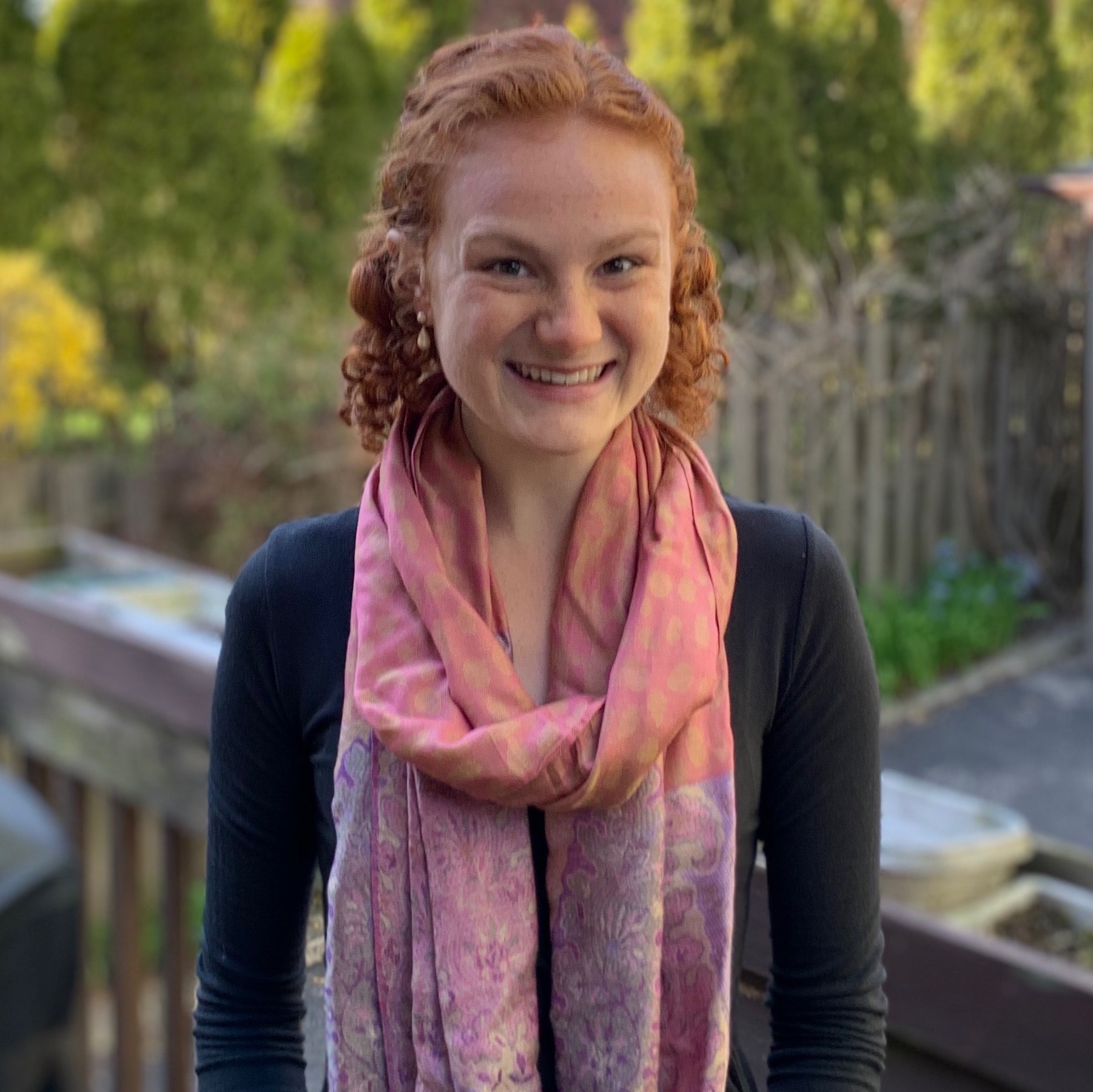
Annie Foley, Conference Co-chair
Annie is a junior from Wilmette, IL studying Anthropology and Global Affairs with a concentration in International Development Studies. She is especially interested in studying the intersection of religion and health and has done so extensively throughout her time at Notre Dame. As a first year, Annie received a grant from the Center for Undergraduate Scholarly Engagement to study how women’s experiences of antenatal care differ based on their religious affiliation in Pune, India. She has continued to study religion as a social force in South and Central Asia through the Kroc Institute’s Madrasa Discourses program. Separately, Annie works with Dr. Tracy Kijewsiki-Correa analyzing the role of religious belief in post-disaster structural resiliency as a Kellogg International Scholar. In her free time, Annie loves to run and be outdoors. She hopes to combine her interests into a career in public service advocating for greater integration of peace and development initiatives in U.S. foreign policy. Annie cannot wait to get started on this work of translating research into advocacy through HDC 2021!
Emily Meara, Conference Co-chair
Emily is a rising senior from Boston, MA majoring in Spanish and Pre-Health, interested in attending medical school in the future. She is especially passionate about languages, health care delivery and the social determinants of health. She spent a summer in rural Chiapas, Mexico with Compañeros en Salud working to help transform the local hospital to a district level hospital with surgical capability. She also performs research with Professor Steve Reifenberg through the Kellogg International Scholars Program on the concept of accompaniment and its nuanced meaning in various languages. She also studied abroad in Puebla, Mexico where she stayed with an incredible host family, shadowed in the public hospital and learned to surf! Outside of school, she loves to run, travel and spend time with friends. She is so excited to be a part of HDC 2021 and is looking forward to working with all of you.
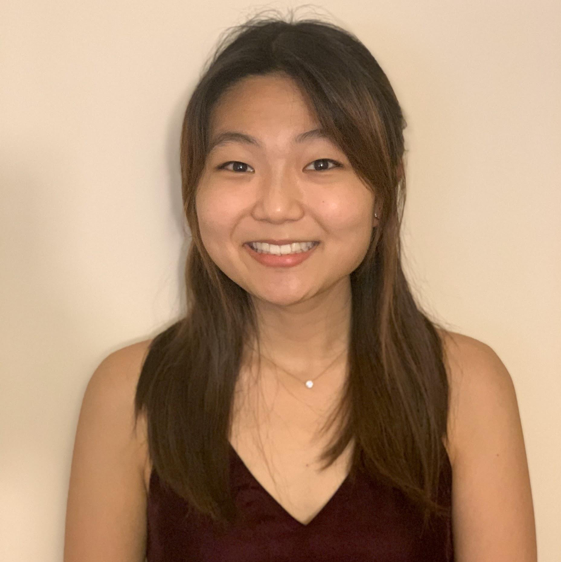
Stella Cho, Logistics Co-chair
Stella Eunseo Cho is a junior and Stamps Scholar majoring in Neuroscience and Spanish, with a minor in the Glynn Family Honors Program. She grew up in the suburbs of Los Angeles in sunny Southern California, and did not understand (or fully appreciate!) the four seasons before coming to South Bend. This year, she's been given the opportunity to serve as the Human Development Conference Logistics Committee Co-Chair, and on campus, she is also involved in the Notre Dame Folk Choir, Asian American Association leadership board, and undergraduate research for Dr. Cody Smith's zebrafish lab. Outside of campus, she dedicates herself to volunteering at the local Elkhart General Hospital and Cardinal Nursing Home. In her free time, she enjoys writing music, reading, trying new foods, traveling, and spending quality time with friends!
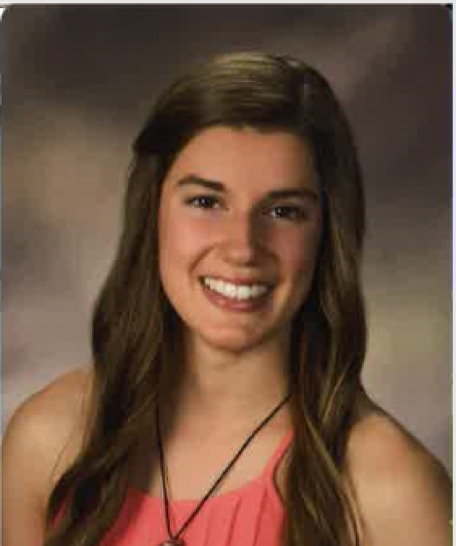
Meghan Howat, Liaisons Co-chair
Meghan Howat is a senior Economics and Spanish student from Joliet, Illinois. This past summer, she worked as a research assistant in the Wilson Center’s Latin American Program in Washington, DC, and she is continuing research in the region this year at the Keough School of Global Affairs, looking at taxation in developing economies. Meghan presented a photograph taken during her time studying in Santiago, Chile in Fall 2019 at last year’s HDC and is ecstatic to be back working with the conference this year!
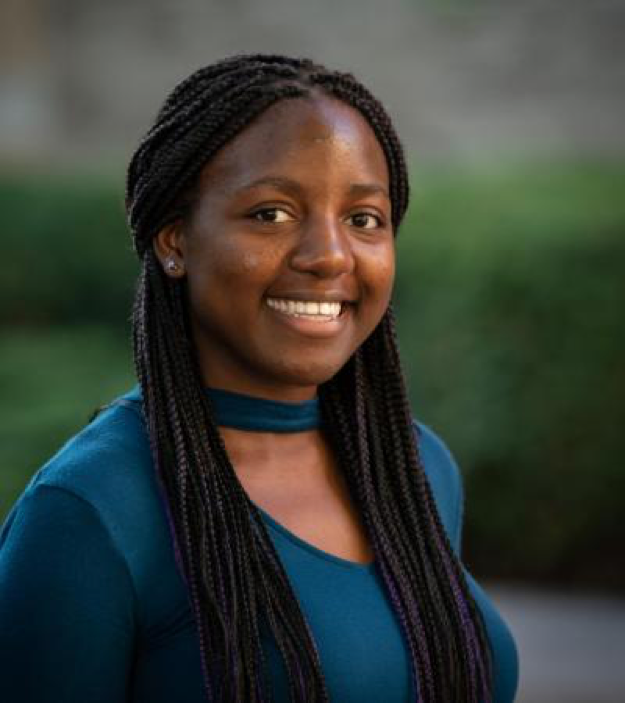
Isabelle Lukau, Photo Contest Co-chair
Isabelle Lukau is a junior from Phoenix , Arizona studying Biochemistry with a minor in International Development Studies. She is a member of the Kellogg International Scholar’s Program, Balfour Hesburgh Scholars program and the Fighting Irish Scholars Program. Through the International Scholar’s program, Isabelle worked with Professor Mariana Candido on research about Benguela, Angola while under Portuguese colonial rule. She now works with Professor Kay on research about making healthcare more accessible to underserved and rural areas. Isabelle’s primary research interest is global health as it relates to the African Diaspora.
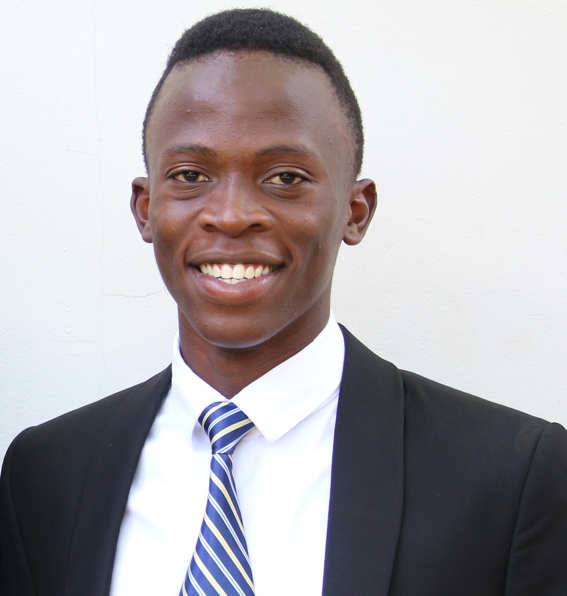
Trevor Lwere, Abstracts Co-chair
Trevor is a junior from Kampala, Uganda. He is an Economics major with a supplementary major in Global Affairs (African Studies) and a minor in Philosophy, Politics & Economics (PPE). Trevor is also a graduate of the African Leadership Academy (ALA) in Johannesburg, South Africa. He is a Hesburgh-Yusko scholar, a Glynn family Honors scholar, and a member of the Kellogg International Scholars Program (ISP). As a member of ISP, Trevor works with Professor Jaimie Bleck on research about Youth & Politics in the Sahel region of Africa. He has conducted independent research in South Africa where he studied the evolving relationship between youth and political parties. He has also done independent research on the effect of market structure on the farm gate prices of coffee in Kenya and Uganda. As Abstracts Committee Co-chair, Trevor hopes to contribute to the creation of intellectually rigorous, meaningfully engaging and richly diverse content for the conference that will challenge conference participants to develop new conceptions of human development that build on past progress and launch the stage for a new, innovative and imaginative future in pursuit of dignity for all.

María Luisa Paúl, Marketing Co-chair
María Luisa is a senior majoring in Political Science and Economics, with a minor in Journalism, Ethics and Democracy. Hailing from Venezuela, she witnessed the unfolding of her country’s political, economic and social crisis. This experience inspired María Luisa to understand the mechanisms of her country’s democratic erosion — a passion she was able to pursue through the Kellogg Institute’s International Scholars Program, where she assists Professor Michael Coppedge in investigating Venezuela’s efforts to export the Bolivarian model throughout Latin America. For the past two consecutive summers, María Luisa has worked at the Miami Herald/el Nuevo Herald as a newsroom intern. This summer, she received second place in the Florida Society of News Editors’ 2020 Journalism Contest in the News Reporting (Spanish Language) category for “La nueva y peligrosa ruta de los emigrantes venezolanos,” an enterprise story about Venezuelan asylum seekers at the United States-Mexico border. After graduation, María Luisa hopes to pursue a career in journalism — one that will enable her to shed light on global issues by combining investigative reporting with social media strategies.
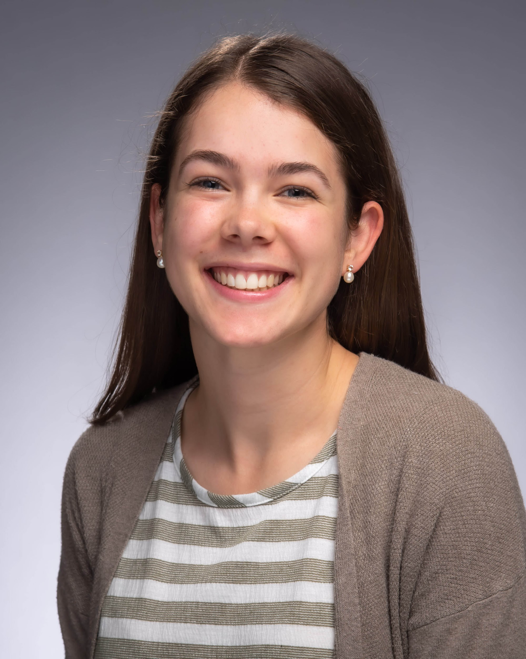
Maria Teel, Abstracts Co-chair
Maria Teel is a junior student at Notre Dame studying Political Science, French, and International Development Studies. On campus, she conducts education research in the International Education Research Lab and supports development projects as a program assistant at the Pulte Institute for Global Development. She also has experience in social entrepreneurship and entrepreneurship consulting through summer internships with the Mandela Washington Fellowship for Young African Leaders and the South Bend Entrepreneurship and Adversity Program. Her primary area of research interest is education. She is currently in the early stages of planning a research project studying perceptions of language of instruction in Francophone West Africa, which she will conduct in Summer 2021.
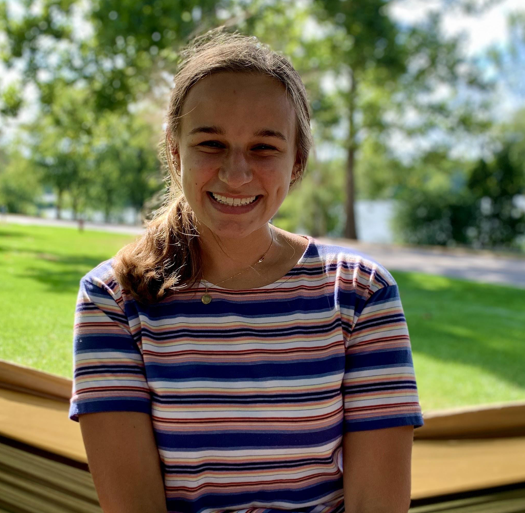
Ana Tisa, Liaisons Co-chair
Ana is a junior from Jacksonville, Florida studying Psychology and Global Affairs with a concentration in Peace Studies. She is interested in women's empowerment and the power of group healing within her own community and Latin American countries. This summer she had planned to intern with a Guatemalan psychosocial organization that offers mental health care services to Indigenous women. Although her travel plans were cancelled, she still helped the organization build a website and newsletter (she is also a Digital Marketing minor!). Ana is also a research assistant in an adolescent development lab where she is interested in researching body image and self-compassion in women and teens. Outside of school, she loves being involved with her dorm's hall council, practicing yoga, and hanging out with friends. She is so excited to be joining the incredible HDC committee this year!
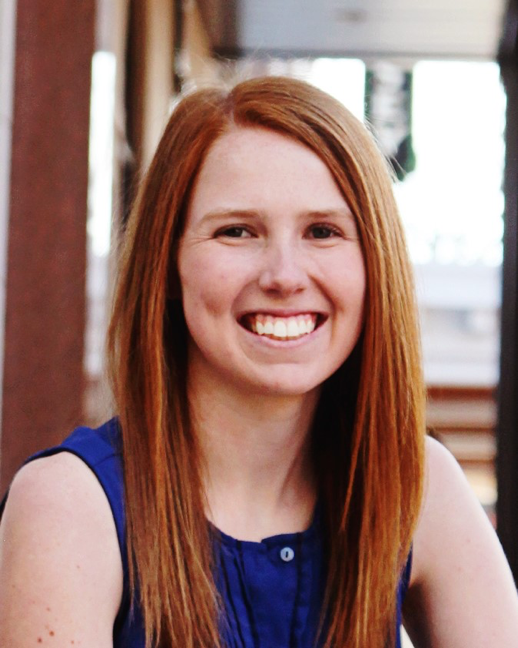
Mary Treacy, Logistics Co-chair
Mary Treacy is a senior Economics and Applied Mathematics major and a member of the Sorin Scholars program from Rogers, Arkansas. Despite never traveling outside of the US before Notre Dame, she has completed internships in Taiwan, Armenia, and Japan throughout her undergraduate career and studying abroad in Spain. These experiences sparked her interest in global affairs, and research assistant work with multiple economics professors and an internship with the Brookings Institution’s Africa Growth Initiative solidified her passion for human development. Following graduation, she plans to pursue a PhD in economics and a career in economic development while hopefully continuing to explore the world. Her diversity of interests and activities on campus also include ND Football Recruiting, She’s the First, Club Running, and Model UN.
Sara Ahmed
“Breaking the Silence: Examining Mental Health Stigma, Literacy, and Access in Urban India”
Sara Ahmed is a senior from Atlanta, Georgia, at Wake Forest University. She is majoring in Psychology and Counseling, and she is hoping to get a Masters degree in mental health counseling after her time at Wake Forest. Growing up, Sara became very familiar with the stigma and shame associated with accessing mental healthcare as a South Asian woman. She is passionate about ending this stigma through culturally responsive counseling for all. She is currently working on research looking at the intersection of Indian cinema, stigma of mental illness, and help-seeking behaviors of first-generation Indian-Americans. Sara is looking forward to the opportunity to present her work and passion for this important subject at the 2021 Human Development Conference!
Elsa Barron
“Fertile Ground: Sustainability Education as a Restorative Justice Practice”
Elsa Barron is a senior at the University of Notre Dame studying biology, peace studies, and sustainability. In 2019, Barron spent eight months in Jerusalem during which she researched the methodologies of grassroots organizations in environmental peacebuilding. Motivated by her research, Barron has since worked with the Institute for Climate and Peace, a community-based organization in Hawaii, the Environmental Peacebuilding Association, an academic collaborative in D.C., and the NGO Committee on Financing for Development, an advisory committee to the United Nations. Translating this experience to her own community in South Bend, Barron collaborated with student Karli Siefker to develop and implement an environmental justice curriculum for DePaul Academy, an organization that presents an alternative to the traditional juvenile justice system. In addition, Barron is a research assistant at the Wilson Center Environmental Change and Security Program, a Climate Leadership Fellow, and a Rhodes Scholar finalist.
Emily Brigham
“Understanding the Cultural Implications of Discrepancy: Evaluating Parent and Teacher Reports of Child Adjustment in the Home and School”
Emily Brigham is a senior Psychology major with minors in Education, Schooling, and Society and Data Science. Impassioned by her work with vulnerable populations and access to quality education, she strongly believes that education is the most promising vehicle for promoting solutions to social inequity. Emily will pursue a Ph.D. in developmental psychology this fall, focusing her research on how school and home environments might harmonize to promote social and academic development of at-risk children. She is currently an undergraduate research assistant in Dr. Mark Cummings’ Family Studies Lab. Beyond her commitment to research, Emily considers her volunteer work for The Center for the Homeless and the SBCSC Adult Education program to be her most valued experiences in her time at Notre Dame. In her free time, you might find Emily training for her next marathon or experimenting with vegan baking.
Gretchen Bruening
“Cultural Perceptions of Food Allergies in Africa”
Gretchen Bruening is a senior at the University of Notre Dame. Originally from Chesapeake, Virginia, she is majoring in International Economics with a concentration in French and a minor in International Development Studies. Through her past experience working for the Atlanta Community Food Bank, Gretchen has seen firsthand the impact food insecurity can have on individuals and their families. Consequently, Gretchen’s primary research interests are food security and the intersection of culture and development. As an undergraduate research assistant at the Pulte Institute for Global Development, Gretchen has studied private sector engagement in development interventions, as well as the use of technology for monitoring and evaluation. Gretchen is pursuing a career in international development and hopes to continue her work in monitoring and evaluation while combining her passions for food security and the French language.
Katherine Fulcher
“‘A Tale of Twinned Cities’: A Comparative Analysis to Predict Potential Twinning on the US-Mexico Border”
Katherine Fulcher is a senior at the University of Tennessee, Knoxville, where she studies political science and Hispanic studies. On her campus, Katherine serves on the executive board of UTK's Model United Nations team and serves as the vice president of service of Alpha Phi Omega, a national co-ed service fraternity. Katherine also works at the Howard H. Baker Jr. Center for Public policy on UTK's campus as a student assistant researching the emergence of rebel groups in Asia. She is also a research assistant for the Global Partnership on Artificial Intelligence, researching the mitigation of bias in AI technologies. Katherine's academic interests lie in critical immigration and border studies. She has previously completed research abroad in Oaxaca, Mexico investigating perceptions of Central American migrants among university students.
Sarah Galbenski
"The Pinochet Case: A Catalyst of Transitional Justice Processes in Chile and Spain”
Sarah Galbenski is a senior studying Spanish, Global Affairs, and International Peace Studies. Over the course of her undergraduate career at ND, she has taught English in San José de Chimbo, Ecuador through the International Summer Service Learning Program, participated in intercultural exchange with Holy Cross parishes in Uganda, Kenya, and Tanzania with the Notre Dame Folk Choir, and studied abroad in Santiago, Chile. Through the Kellogg International Scholars Program, Sarah has served as a research assistant to Dr. Laura Miller-Graff and assisted with the adaptation of her Pregnant Moms’ Empowerment Program to the contexts of Lima, Peru and Monterrey, Mexico. For her honors thesis in Spanish, she is investigating the processes of transitional justice and the politics of memory in both Spain and Chile through a comparative lens. Sarah is currently serving as the Student Body Vice President. In her free time, she loves to practice yoga.
Bridget Hart
“Why Are Women Less Likely to Find a Job after Completing the Same Workforce Development Program as Men in Honduras?”
Bridget Hart is a senior majoring in Computer Science and minoring in International Development Studies at the University of Notre Dame. Her capstone research focuses on the outcomes of a Honduran workforce development program based on gender. To complete this research remotely, she partnered with researchers at the Pulte Institute conducting a performance evaluation of a USAID funded workforce development project.
Kallin Hermann
“COVID Knowledge, Perceptions and Access to Care in Mexico”
Kallin Hermann is a senior majoring in Biology with a minor in International Development Studies. She is passionate about pursuing a career in Global Health and medicine. Through her studies, she has become invested in learning about how sustainable development progress can be made through collaboration across borders. As a member of the Timmy Global Health chapter at Notre Dame, Kallin had the opportunity to travel to Quito, Ecuador during fall break of sophomore year to participate in a medical brigade. This experience sparked her interest in seeking long-term solutions for local communities receiving foreign aid. Through her minor in International Development Studies, she has had the chance to broaden her knowledge of the cross-disciplinary and collaborative nature of global development. She hopes to use these experiences in the future to better serve others in need and continue to exchange ideas with people from different areas of the world.
Samuel Johnston
“Coordination or Clustering: Logistic Estimation of Aid Fragmentation in Uganda”
Sam Johnston is a senior Economics and Mathematics major at Willamette University in Salem, Oregon. In Spring 2020, he completed a study abroad semester with School for International Training in Kampala, Uganda. He studied the dynamics of Uganda’s foreign aid landscape and how recent changes in aid composition affect the country’s development trajectory. He continued this research through a senior thesis project after returning to the U.S. After graduation, Sam plans to work in economic consulting and eventually pursue a Ph.D. in Economics. Sam spends his spare time hiking around Oregon and has a newfound hobby of baking bread.
Raimy Khalife-Hamdan
“Uneven Citizenship: Post-September 11th Immigration Enforcement and Separation of Arab, Middle Eastern, and Muslim Families”
Raimy Khalife-Hamdan is a third-year student at the University of Oregon, studying Romance Languages and Global Studies with a concentration on migration, asylum seekers, and refugees. She is interested in exploring the intersection of forced displacement, war, and ideological radicalization. Currently, she is researching interreligious reconciliation and coexistence in Mont Liban, Lebanon.
Margaret Kenney
“Counterinsurgency and Economic Development: A Comparison of Colombia and Afghanistan”
Margaret Kenney is a senior at Saint Louis University studying Political Science and International Studies. Originally from Minnesota, Margaret has placed a focus on developing her qualitative research skills in Political Science while also taking numerous math classes to supplement her research. After graduating in May 2021, Margaret hopes to attend a Ph.D. program in Political Science with an emphasis on International Security Studies.
Kelly Koehnen
“A Colonial Diet: Approaching Human Dignity Through Dietary Policy”
Kelly Koehnen is a senior varsity track and cross country athlete from a fourth generation beekeeping family in Northern California, majoring in American Studies and Spanish as well as minoring in International Development Studies and Studio Art. Her research on how the political relationship between the mainland United States and Puerto Rico affects local nutrition and human dignity has led her to pursue a career in legislative protection that she will begin at the UCLA School of Law next fall. Her work explores the process of collecting research with humility and an open heart despite the various limitations to developing personal relationships within the COVID digital age.
Daniel Krugman
“Survival as Solidarity: Refugee Exchange, Humanitarian Violence, and Social Cohesion in Mirieyi Settlement, Northern Uganda”
Daniel Krugman is a senior at Middlebury College who will graduate this spring with a major in Anthropology and a minor in African Studies. A former student at the School for International Training, Uganda, and research intern at the Johns Hopkins Bloomberg School of Public Health, his research interests span across public health, medical anthropology, and sociocultural anthropology. His forthcoming honors thesis, the inspiration for his Human Development Conference presentation, examines community formation, exchange networks, and structural violence among South Sudanese refugees in Northern Uganda. After graduation, Daniel plans to continue on to a Ph.D. program in Sociocultural Anthropology to further study migration, unsettle the abuse of international systems, and advocate for more just refugee management.
Jaran Max Rudd
“How Covid-19 has Deepened the Environmental Crisis Among the Kichwa: A Discourse Analysis”
Jaran is a senior with an Anthropology and Spanish double major at Austin College in Sherman, TX. He’s been afforded the opportunity to study abroad to conduct Anthropological fieldwork and research in both Mexico through the Autonomous University of Queretaro and in Ecuador through the School for International Training. Throughout his studies as an undergraduate, the complexity of the processes with which international and globalizing forces affect local realities, and the ways in which people think and act in response to these forces, has been a point of fascination worth uncovering in greater detail. It’s his hope that his research can bring light to marginalized worldviews, realities, and logic and that this will help us to reimagine our international and local politics.
Ethan Sager
“Paternalism and Dead Aid”
Ethan is a Senior from Star, ID studying International Development and Political Science at Seattle Pacific University. He is especially interested in studying the intersection of aid disbursements and development goals. As a junior, Ethan helped co-found a social venture, Thera, that works to retrofit old mopeds into fully electric vehicles. He received a praxis fellowship to further work on this venture. He aims to start a career in international political economy research after graduating. Advocating for greater involvement of RCTs in development initiatives and stark conversations about political will and incentive structures. Ethan is looking forward to being able to take part in the conference and meet with all of you!
Caitlin Scott
“Reinforcing Push Factors in the Northern Triangle: An Investigation of Trump’s Attempts to Deter Immigration through Humanitarian Aid Reduction”
Caitlin Scott is a student at the University of Oregon’s Clark Honors College. She is majoring in Global Studies and Spanish as well as minoring in Nonprofit Management and Global Service. She is also obtaining a certificate in Second Language Acquisition and Teaching. Caitlin enjoys going on walks, drinking expensive coffee, and listening to new music. During her undergraduate career, she has had opportunities to work as a Resident Assistant with UO Housing, take on leadership roles in her sorority Sigma Kappa, and participate in the summer 2019 Oxford Consortium for Human Rights about human movement and migration. This last experience directly influenced her honors thesis and subsequent HDC presentation. She is eager to share her findings and passion regarding this particular global challenge.
Tatiana Silva
“Analyzing the Effects of Law on Obstetric Care in Argentina”
Tatiana is a senior at Notre Dame from Fort Lauderdale, Florida studying Science-Business with a minor in International Development Studies. She first became interested in global health and development work through her experiences in Honduras, where her mother’s family is from. In the summer of 2019, she traveled to La Merced, Peru to work with the Foundation for the International Medical Relief of Children (FIMRC) on health education campaigns, while also conducting research on pre/postnatal care in a predominantly rural community. For her IDS capstone project in 2020, Tatiana surveyed over 200 women from Argentina on the implications of a law protecting them from obstetric violence. She serves as the co-president of the American Medical Women’s Association on campus, and has also volunteered at St. Joseph’s Family Medicine Center since her freshman year. In the future, Tatiana hopes to attend medical school and combine her passions for maternal health and international development in her career.
Noah Stanton
“Mother Nature Meets Modern Woman: An Exploration of Environment, Gender, and Urbanism Among Delhi's Middle Class”
Noah Stanton studies History, Anthropology, and Public Health at Vanderbilt University, and she is passionate about global health and development. As an undergraduate, she conducts population health research with the Vanderbilt LGBT Health Policy Lab, volunteers as an Emergency Medical Responder, and serves as an outdoor recreation instructor and Jewish community leader. In Spring 2020, she studied abroad with the School for International Training in New Delhi, India, where she undertook an independent research project on the relationship between women’s health and the environment in urban settings. She is currently working on a senior honors thesis paper that analyzes the impact of the COVID-19 pandemic on domestic violence resources in the U.S. In her future career, she aims to alleviate socially-determined health inequalities through international policy and development initiatives, and she is excited to participate in the 2021 Human Development Conference.
Liz Williams
“Thiéboudienne: A Look into the Intersection of Cuisine and Community in Senegal”
Liz Williams is a junior at the University of Tulsa majoring in Political Science and Sociology. Her research examines the intersection of cuisine and community in Senegal. Last spring, she studied abroad in Senegal until the COVID-19 pandemic prematurely ended her trip. She continued to engage with Senegalese culture and community by utilizing online resources and creative methods to proceed with her research safely from home. In addition to her research, she is the President of the Student Alliance for Violence Education, an organization striving to eliminate interpersonal violence on college campuses. Events she has helped coordinate in the past have included themes surrounding disability awareness, trauma, and queer sex education. She plans to continue her education at the University of Tulsa and will graduate in the spring of 2022.
Grace Zhang
“Expanding Surgical Care in Fiji: Developing a National Surgical Obstetric and Anesthesia Plan (NSOAP)”
Grace Zhang is a senior Biological Sciences major and International Development Studies minor at the University of Notre Dame. After graduating, she is interested in pursuing a career in medicine and global health. After completing a medical service mission in Nicaragua and meeting a Nigerian Mandela Washington Fellow-physician in 2019, she became interested in global health policy and international development. She is fascinated by the complexity of challenges that global health presents and hopes to improve access to and quality of healthcare in underserved areas. During Fall 2019, she began working with the Program in Global Surgery and Social Change (PGSSC) of Harvard Medical School to advocate for universal access to safe, affordable surgical and anesthesia care and continues to do so in the present.
Photo Submissions
Emily Meara
Photo Name:
Onward
Location:
Chiapas, Mexico
Description:
One day, I visited a small, mountainous village in the Sierra Madre Mountains called Reforma. In this village, there was a treacherous bridge across the river that reminded me of the ever-present barriers to accessible healthcare in the region.
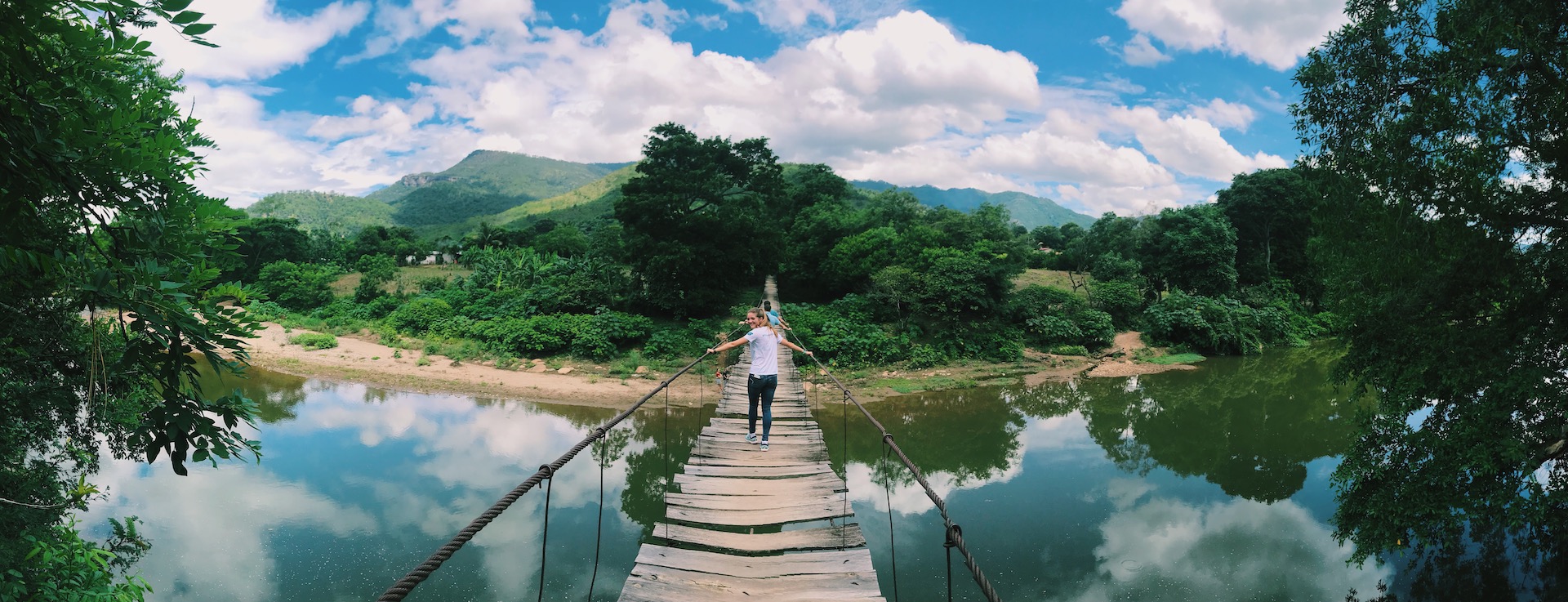
Emily Meara
Photo Name:
The boy in the red shirt
Location:
Jaltenango, Mexico
Description:
This little boy lived on the streets in the village where I spent six weeks. He often stopped by the office where I was working for lunch. In the afternoons, he offered to help us to develop a compost system in the back. He was such a positive, encouraging soul who spent hours digging the deep hole with a smile on his face the entire time. This photo reminded me of the 2021 theme: The Future is Now. The backyard area behind the office was not being used. Thus, a few of the volunteers decided to start a compost system and to plant a garden in order to put the space to good use.
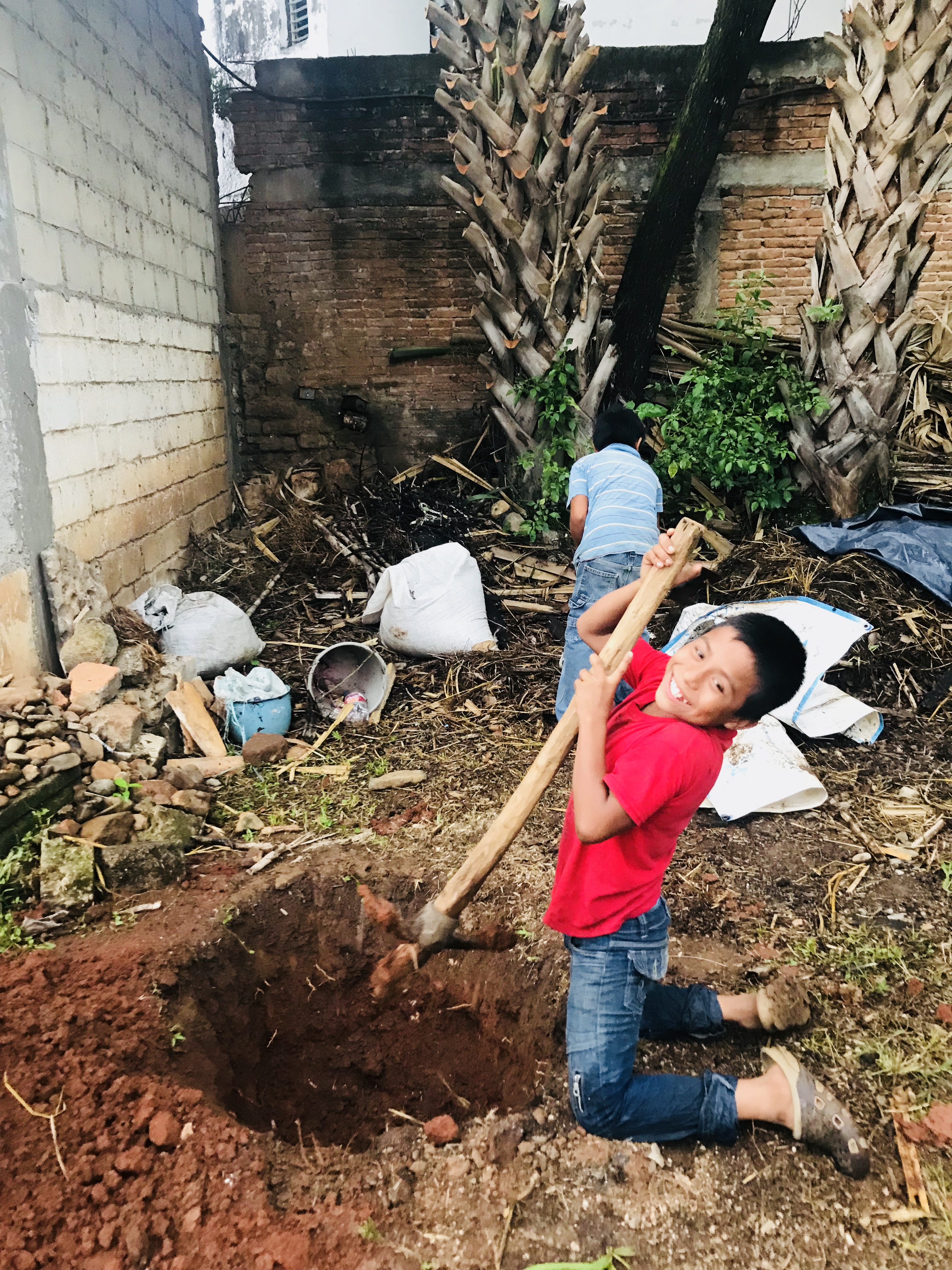
Quinton Hayre
Photo Name:
Life Without Water
Location:
Lempira, Honduras
Description:
A photo of a 55 year old man who has spent his whole life without running clean water. He and his wife walk 3 miles up and down hill every morning to fetch a bucket of water for them to drink and clean with. The image displays the wear and determination that this hardship has placed on the man as he works endlessly to keep himself and his family healthy. The image was taken in January 2019 in a small village in the mountains of Lempira, Honduras.
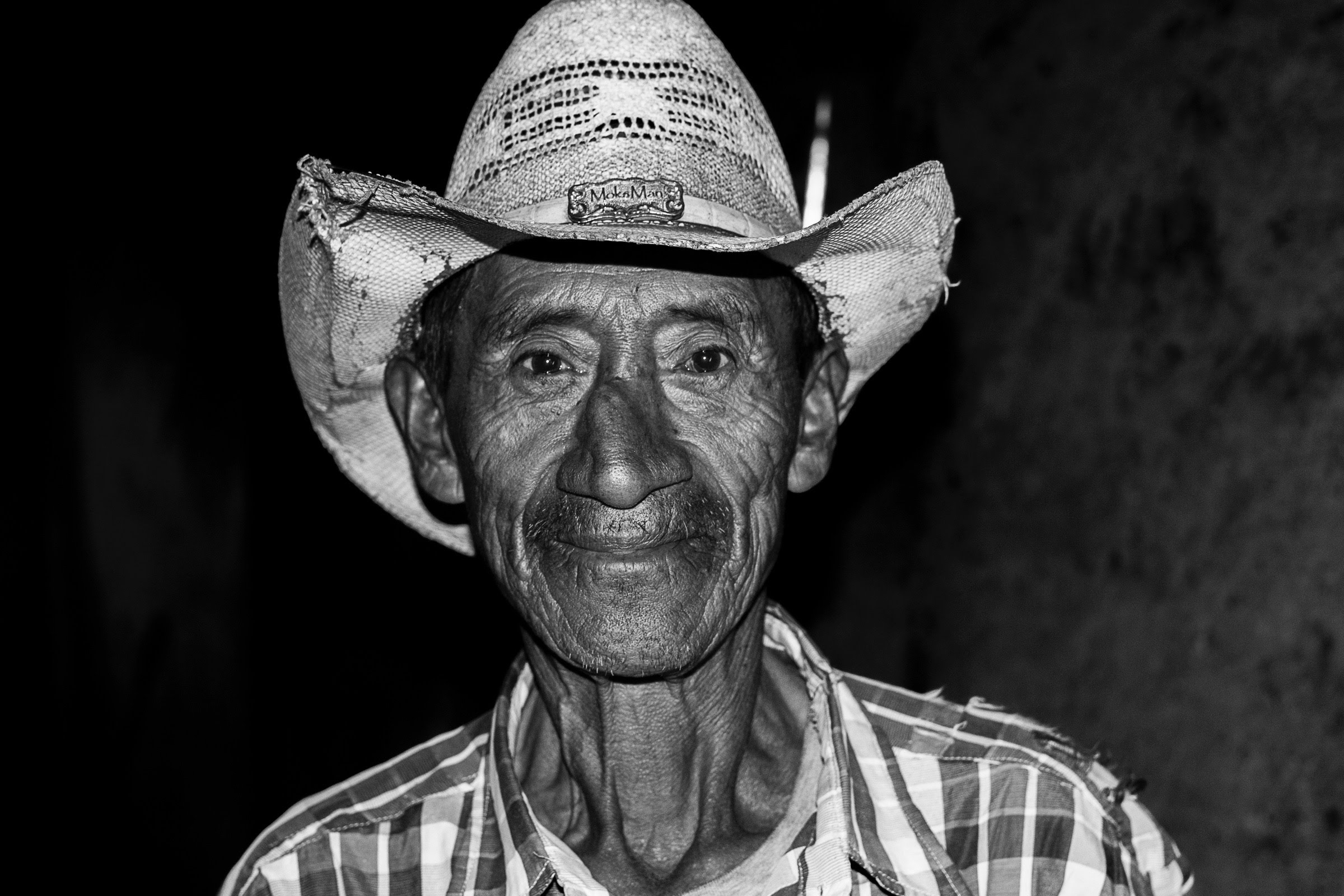
Quinton Hayre
Photo Name:
The Celebration of Life
Location:
Lempira, Honduras
Description:
This image depicts an elderly woman's reaction to clean running water being installed in her village. For over 60 years, she had spent many hours of her day carrying water over four miles to provide for her family. In this area of Honduras, the government refuses to send teachers to villages without running water. The woman in this photo was crying as she knew that clean water meant that her grandkids would never have to go through the pain of carrying water that she went through and that they would be able to finally become educated as the village can finally construct a school. This image was taken in a small rural village in the mountains of Lempira, Honduras in the winter of 2019.
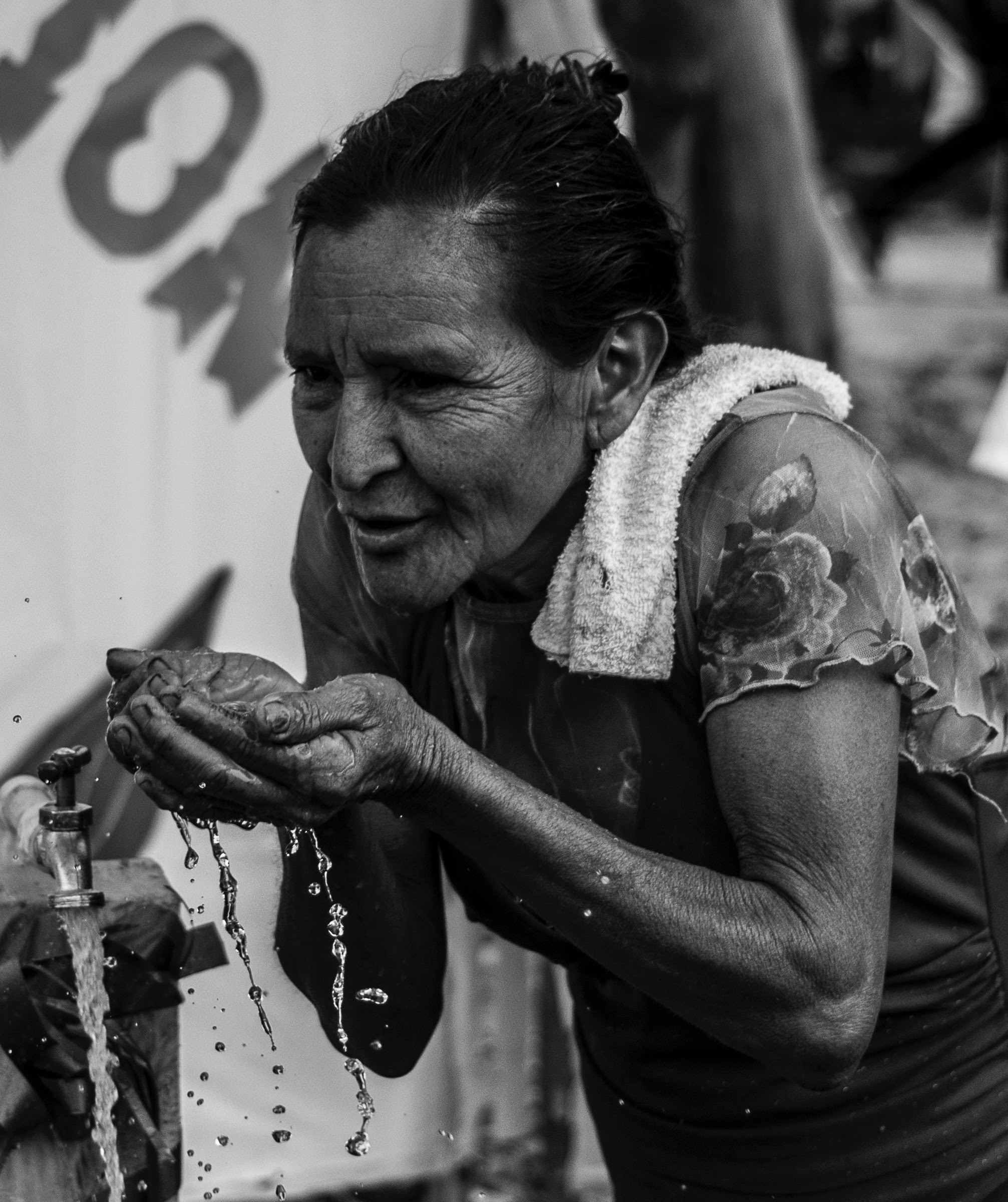
Call for Papers
The Ford Program in Human Development Studies and Solidarity and the Kellogg Institute for International Studies, part of the Keough School of Global Affairs at the University of Notre Dame, announce the 13th annual Human Development Conference.
For thirteen years, the Human Development Conference has provided a forum for undergraduate students from a wide range of backgrounds and disciplines who are passionate about development to engage in dialogue about development research.
We are excited to announce the Call for Papers for the 2021 Human Development Conference (HDC). This year’s conference will be held in a hybrid format between February 26-27, 2021 at the University of Notre Dame under the theme “The Future is Now: Innovative Responses to Global Adversity.” We hope to invite Notre Dame, St. Mary’s, and Holy Cross College students to present in person, and invite presenters from other universities to present virtually due to travel restrictions for the COVID-19 pandemic.
The conference provides an excellent opportunity for undergraduate students to display their development-related research and engage with other students, faculty, and professionals as they explore human development themes. We believe that the global pandemic has only expanded opportunities for cross-cultural engagement with the proliferation of virtual communication platforms. Thus, all students not from the tri-college community will be asked to present their research via Zoom on the day of the conference.
Conference participants will be encouraged to highlight the need for increased partnerships among all stakeholders engaged in human development and will be chosen to share global research from their time as an undergraduate student on topics such as:
|
|
|
To apply to present at the 2021 HDC, please submit a 250-word abstract (short summary) of your research. The HDC is open to presentations on research conducted virtually or in-person. Guidelines and tips for writing abstracts are available on the HDC website. All abstracts must be submitted by Friday, November 13th, Extended to Friday, November 27, 2020 at 11:59pm. To submit an abstract, please click here.
We hope that you will consider joining us by submitting an abstract!
Abstract Guidelines
A good abstract that will be considered for the 2021 Human Development Conference does each of the following:
-
Briefly introduces the reader to the topic by providing relevant background information on global research performed in-person or virtually
-
Clearly expresses the research question that was asked
-
Provides concrete details about the methodology used (including where the study was conducted, how many participants were involved, recruitment method, and type of data analysis)
- Presents research findings that answer the proposed question
Abstracts must be no more than 250 words long. Sample abstracts that have been accepted to previous Human Development Conferences are provided below:
Sample Abstract 1
Sub-saharan Africa currently bears 24% of the global disease burden, yet is home to just 3% of the global health workforce (Anyangwe 2007). Despite this crippling disease burden, nearly 45% of graduating physicians in Uganda plan to emigrate upon graduation (Kizito 2015). Medical brain drain refers to this human resource crisis that plagues the healthcare systems of many developing countries, where newly graduated physicians choose to leave the country after receiving their formal medical education. For over a decade, public health leaders have attempted to meet this critical human resource shortage through an increase in the availability and efficacy of medical education (Akuffo 2014). Through in-depth interviews with over 40 medical students at Makerere University in Kampala, Uganda, my research attempts to uncover the complex push and pull factors that affect the emigration decisions of Ugandan medical students. While past research points to low pay and high overburden on health professionals as the impetus of the brain drain, my project identifies sociocultural factors that influence emigration like social ties, national pride and shame, socioeconomic background, as well as lived experience in the health system. These results provide tangible recommendations for public sector managers and policy makers in Uganda to help curb brain drain in their health system.
Sample Abstract 2
Although the Ministry of Health recommends yearly cervical screening through Pap tests, Nicaragua has one of the highest cervical cancer mortality rates in Latin America due to pervasive barriers that women face in accessing healthcare. One aim of this study was to explore strategies to mitigate these barriers in culturally appropriate and feasible ways, including primary prevention and secondary prevention through Human Papillomavirus (HPV) self-collection. HPV self-collection is an innovative and empirically based strategy shown to increase cervical cancer screening for women in lower resourced settings. Utilizing a collection brush, women can collect their sample in a setting of their choice and send the sample to get tested. We partnered with the Ministry of Health, a local human rights NGO and interprofessional collaboration in Bluefields (the largest city on the Caribbean Coast) to conduct a community-based needs assessment, key informant interviews (n=12), focus groups (n=25) and a systematic environmental scan, all guided by the socio-ecological model. We audio-recorded and transcribed verbatim all data. We analyzed descriptive statistics and through thematic analysis, we analysed qualitative data. According to our findings, the main barriers were: cultural obstacles, machismo being the main issue, misconceptions about prevention, and a lack of systematic and comprehensive sexual health education. If rolled-out under specific circumstances, HPV self-collection could increase access to cervical cancer screening for women in Bluefields and the surrounding rural areas by overcoming these barriers, thus empowering women to take agency over their health. More research is needed to pilot this intervention.
Sample Abstract 3
Dubbed as the worst country to be disabled by the British Broadcasting Corporation, 95% of people in Ghana have no access to rehabilitative services (Tinney 11-12). Without a systemic chronic disease policy, organizations and researchers have paid little attention to study amputees and invest in rehabilitative care despite their unprecedented growth. Although there are clear financial, logistical, and social barriers to receiving care, it is unclear what factors impact an amputee’s decision to be treated or whether a prosthesis is desired in the first place. The study aims to research the ability, choice, and desire to pursue prosthetic services from the viewpoint of amputees. Between July and August 2016, data was collected through 24 interviews with healthcare providers, amputees, and prosthesis-users in the Cape Coast and Accra region. Ethnographic research methods were used to analyzed key distribution and health facilities which found that (1) rehabilitative facilities in Ghana for prosthesis are severely under-resourced due to (2) the lack of priority funding in rehabilitative services. (3) The inability to access is compounded by the lack of information on prosthesis centers and their sparse distribution, and (4) in addition to financial barriers, social stigma and isolation may play a larger part in the amputee’s decision-making process. This study makes recommendations to healthcare organizations to address the plight of amputees in Ghana. As the number of amputees rise worldwide, a targeted approach in addressing the needs of amputees is invaluable for their reintegration into society and to address weaknesses within current healthcare systems.
Sample Abstract 4
This study evaluated the impact and technical progress of the Sustainable COmprehensive REsponses (SCORE) for vulnerable children and their families’ project, as implemented by St. Francis Health Care Services (STFHCS), in the Nyenga and Wakisi Sub Counties during its original 5-year tenure. This study was initiated on June 6th, 2016 and was fully completed on July 22nd, 2016 with the submission of the final report. The motivation for this study was the need to identify the best practices and capacity gaps of the SCORE project in order to inform the project implementation of STFHCS and the SCORE project implementation for the 2 year extension. The data collection methods used in this study included home visits, vulnerability assessment tool review, project report review, focus group discussions, and key informant interviews. Generally, the SCORE project has had a positive impact in reducing the vulnerability of beneficiaries in Nyenga and Wakisi Sub Counties. With the data collection methods, it was found that the economic strengthening (SCORE objective 1) activities were the most appreciated and praised by the beneficiaries. However, it was also the area of least reduced vulnerability. The area that saw the greatest reduction in beneficiary vulnerability was food security (SCORE objective 2). This success was attributed to the nutrition dialogues and urban horticulture trainings. The activities that were ineffective and/or in need of correction included the apprenticeships, bank linkages, farmer field schools, child friendly schools, and community skills trainings.
Call for Visual Media
We are excited to announce the Call for Visual Media for the 2021 Human Development Conference (HDC)! This year’s conference will be held in hybrid format between February 26 - 27 2021 under the theme; “The Future Is Now: Innovative Responses to Global Adversity.” The conference provides an excellent opportunity for undergraduate students to present their development-related research and engage with other students, faculty, and professionals as they explore human development themes.
We invite students to submit photos and videos to be displayed in an online exhibition during and after the conference. We believe that visual media not only prompts conversation and storytelling but also contributes a human lens to complex issues of development.
All accepted submissions will be published for viewing on the Human Development Conference website. Select photos may be printed and displayed in the Hesburgh Center for International Studies at the University of Notre Dame, as well.
Visual Media Requirements: To have a photo or video be considered as a display at the 2021 HDC, you may submit up to 2 pieces total. For each piece please include:
- Title
- Location of production
- Approximate date of photo or video
- A paragraph-long description of the work. We want to hear about the people, the place and how the photo or process of making the video affected your understanding of the context in which it was taken. If you are submitting a photo to the open house, please highlight the specific points that you would discuss during the open house.
- The HDC Visual Media Committee will review and select finalists to be viewed in the gallery during the HDC. All final photos will be assessed by University photography experts, who will select a winner to receive special recognition at the conference.
*Please keep the following considerations in mind when submitting your photos or videos:
- All submissions MUST have been created by the individual submitting the photo
- Whether the people in the photo or video would want to see their likeness displayed as it is in the photo. Photos or videos of children or individuals who were unable to consent to have their photo taken should not be submitted
- Consider photos and videos carefully and ensure that you do not submit a photo that might negatively impact a person’s safety or reputation
All visual media must be submitted by November 13th 2020, at 11:59 pm. To submit a piece, please fill out this survey.
For additional information, please email hdc@nd.edu questions, or concerns. We look forward to hearing from you soon!
Bartell Prize
The Rev. Ernest J. Bartell, CSC, Prize for Undergraduate Research on Poverty and Development is conferred annually at the University of Notre Dame's Human Development Conference. Two $1,000 prizes recognize outstanding undergraduate student research on poverty and development. Each year one prize will be given to a student at the University of Notre Dame and one to a student from another university.
Undergraduate students invited to present at the 2021 Human Development Conference are eligible to apply for this award. Information regarding how to apply is included in the conference invitation. Students who wish to be considered must apply by Wednesday, January 20, 2021. Additional information and/or an interview may be required. Finalists will be notified in the beginning of February.
Student research should address a specific aspect of poverty and development, whether in the United States or abroad. Research may be submitted from any field of study, including the social sciences, natural sciences, and humanities. Students are encouraged to conduct original research and to consider programs and policies that could help reduce poverty. A faculty committee will determine the award recipients, and prizes will be conferred during the Human Development Conference, February 26-27, 2021.

School for International Training (SIT) programs are developed around a framework of the most Critical Global Issues of our time—challenges that transcend borders and touch every human on the planet. We have developed this framework so that the next generation of leaders has the expertise and intercultural understanding to engage all identities, perspectives, and cultures with respectful, enduring, and meaningful responses. Watch this video to learn more about the history of SIT.
A letter from the SIT President:
On behalf of everyone at the School for International Training (SIT), I would like to extend a heartfelt congratulations to the alumni of our programs who will participate in the prestigious 13th annual Human Development Conference at University of Notre Dame, as well as all the students from across the country, and the academic spectrum, who will have the opportunity to share their development-focused research.
SIT has been a proud sponsor of this important student-led initiative since the first iteration in 2008. At the core of our collaboration with the Kellogg Institute for International Studies is our shared commitment to equip future generations of leaders with a broader understanding of complex systematic issues and how to tackle real world challenges. This event provides an incredible platform for SIT alumni to showcase their original field-based research projects and engage with other students, faculty, and professionals as they explore human development themes.
We would like to thank the entire conference team – in particular, associate director Holly Rivers and co-chairs Anne Foley and Emily Meara – who have worked tirelessly to shift gears to a virtual platform and embody this year’s theme “The Future is Now: Innovative Responses to Global Adversity”.
Best regards,
Sophia Howlett, PhD
President, School for International Training

The Kellogg Institute's Ford Program in Human Development Studies and Solidarity is dedicated to research, teaching, and service that promotes Integral Human Development, a holistic model of flourishing rooted in a person's dignity and full potential.
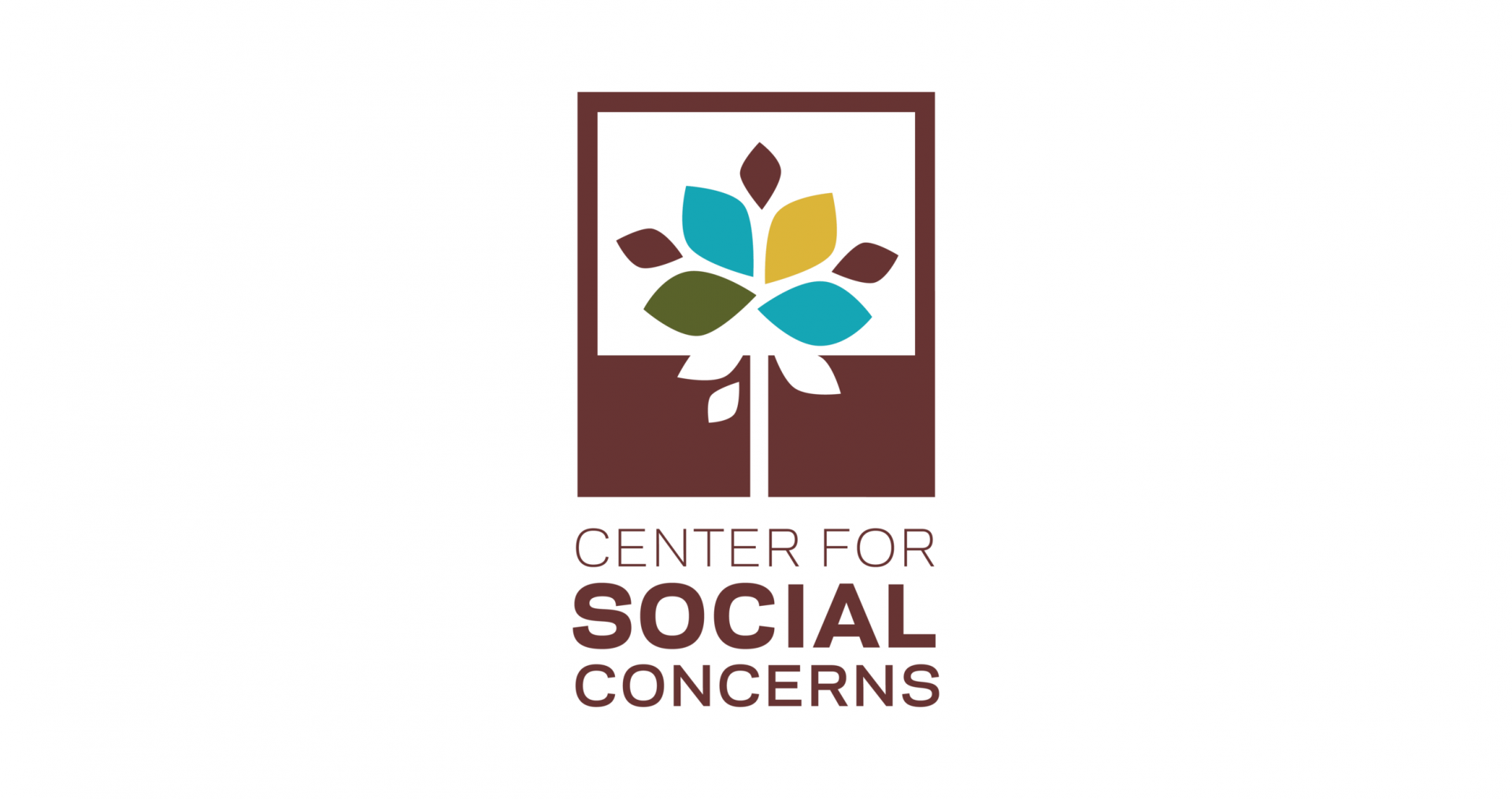
Fulfilling Notre Dame’s mission to cultivate a disciplined sensibility to the poverty, injustice, and oppression that burden the lives of so many, the Center for Social Concerns gathers, forms, and nourishes community-engaged scholars in the study, practice, and renewal of Catholic social tradition. By enacting human dignity, pursuing the common good, and standing in solidarity with the marginalized and poor, we advance pedagogies of engagement, leverage personal transformation for social change, and transform principles of Catholic social teaching into 21st-century leadership.
Past Conferences
2020
Development on the Move: Global Strategies Informed by Local Contexts
February 21-22, 2020
Development on the Move not only addresses the need to understand and address issues from a global perspective but also calls each of us to action. This conference will emphasize shifts in both personal and collective action, focus on developing expertise in global issues, and spark conversations that lead to change.
2019
Engaging with Empathy: A Preferential Option for the Poor in Development
February 22-23, 2019
In order to ensure that past historic injustices are not repeated and to promote the human dignity of all individuals, it is necessary to engage with empathy and to view research, problems, and policies from the perspective of those most affected by development challenges.
2018
Decades of Development: Contextualizing the Past, Envisioning the Future
February 23-24, 2018
Human-centered approaches to development requires trust, compassion, and awareness in order to place the individual at the center of development.
2017
Development with Dignity: A Human-Centered Approach to Progress
February 24–25, 2017
In order to implement the Sustainable Development Goals, the global community needs to shift from theory to practice – from policy to individuals – refocusing its efforts by placing humans at the center of the sustainable development agenda. Creating solutions to critical issues that afflict the world’s populations today requires not only a shift in scale but the recognition and continual affirmation that the dignity of peoples on all sides of the path to progress must be the central focus of development.
2016
Re-Imagining Development: Pursuing Good in a Changing World
February 26–27, 2016
The conference focused on the transformative power of new ideas: how development paradigms that emphasize agency, inclusivity, and dignity can redefine success and challenge traditional methods in development. As the new Sustainable Development Goals illustrated, this evolution in development calls upon countries and citizens in both the developing and developed worlds to work together to overcome our shared challenges and ensure our interconnected prosperity.
2015
Envision, Enact, Evaluate: Sustaining Momentum in Development
February 27-28, 2015
2014
Transforming Development: New Actors, Innovative Technologies & Emerging Trends
February 28 – March 1, 2014
The theme of the sixth annual Human Development Conference, "Transforming Development: New Actors, Innovative Technologies & Emerging Trends," was inspired by the idea that development is an evolving process. A widening set of stakeholders and rapidly advancing technologies raise new possibilities for the field. The conference was a chance to reflect on both successes and failures in development, while analyzing opportunities created by these new trends.
2013
In the Field: Cultivating Collaboration and Innovation
February 8-9, 2013
The fifth annual Human Development Conference, “In the Field: Cultivating Collaboration and Innovation,” brought together more than 200 students, faculty members, and development experts from around the world, including keynote address speaker, Sara Sievers, the founding executive director of the Center for Globalization and Development at Columbia University’s Earth Institute. Over 70 students presented their own research, representing fieldwork from more than 30 countries. Topics addressed ranged from evaluating the perceptions of trust among Peruvian sexually abused victims to combating cancer in Samoa and implementing organic agricultural certification in India.
2012
Faces Behind the Figures: Visions of Prosperity, Progress, and Human Potential
February 10-11, 2012
The fourth annual HDC, “Faces Behind the Figures: Visions of Prosperity, Progress and Human Potential,” took place during February 2012, culminating in a keynote address given by Not For Sale’s co-founder and executive director Mark Wexler. The conference featured 250 students, faculty and development experts from across the United States and beyond. Eighty-two students presented research on development-related topics conducted in over 35 different countries. Panels addressed topics ranging from food security and agricultural development to post-conflict transformation and the effectiveness of foreign aid.
2011
Unleashing Human Potential: Global Citizens in Pursuit of the Common Good
February 11-12, 2011
The third annual Human Development Conference, “Unleashing Human Potential: Global Citizens in Pursuit of the Common Good,” brought together 73 undergraduate and graduate student-presenters with research experiences in over 30 countries. The Ford Program also welcomed a group of two students and three faculty members from Uganda Martyrs University, the program’s partner university in on-site research and development projects. The two-day conference concluded with a dinner banquet and keynote address given by microfinance specialist David Roodman from the Center for Global Development.
2010
People, Power, and Pragmatism: The Future of Development in Our Changing World
February 26-27, 2010
The second annual Human Development Conference, “People, Power, and Pragmatism: The Future of Development in Our Changing World,” was held in February of 2010. More than doubling in size from the previous year, the conference grew to 80 students with research experiences in 38 different countries. Thirty-eight colleges and universities from across the globe were represented. Ray Chambers, the United Nations Secretary-General’s Special Envoy for Malaria, spoke on his commitment to the Millennium Promise and Malaria No More. The keynote address was delivered by Joseph Sebarenzi, the former speaker of the Rwandan Parliament, who spoke passionately about his experience as a genocide survivor and his efforts to create reconciliation, peace and development in Rwanda and the world.
2008
Innovation in the Service of Human Dignity: A Human Development Conference
November 7-8, 2008
In November of 2008, the symposium grew into a full conference sponsored by the Ford program and co-sponsored by the Center for Social Concerns and the School for International Training. The program's first annual undergraduate research conference, “Innovation in the Service of Human Dignity” featured graduate and undergraduate student presenters from 29 universities and representing 28 countries of research. The conference drew more than 250 participants, and moderators from around the country also attended the conference to facilitate panel discussions. Peter McPherson, the former head of USAID, delivered the keynote address.
Solidarity in Pursuit of Authentic Human Development
Saturday, February 23, 2008
In 2008, together with the Center for Social Concerns, the Ford Program sponsored a student research symposium entitled “Solidarity in Pursuit of Authentic Human Development.” Twenty-eight students presented at the event, including students from Uganda Martyrs University. Raymond Offenheiser, president of Oxfam America, delivered the keynote address.
Past Conference Co-Chairs
2020 Development on the Move: Global Strategies Informed by Local Contexts
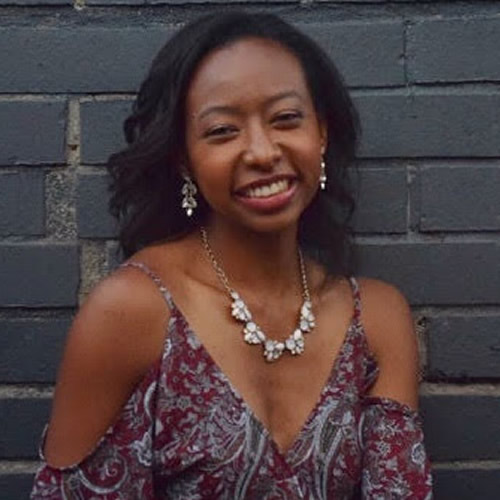 Irla Atanda '20
Irla Atanda '20
Major: American Studies
Minor: International Development Studies
 Kyersten Siebenaler '20
Kyersten Siebenaler '20
Major: International Economics
Minor: International Development Studies; Energy Studies
2019 Engaging with Empathy: A Preferential Option for the Poor in Development
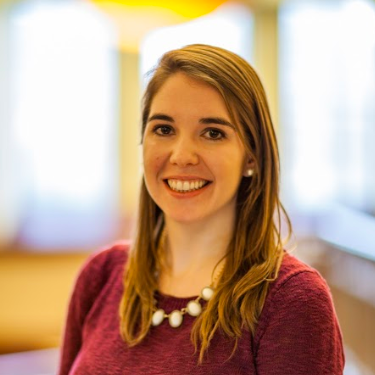 Caroline Murtagh '19
Caroline Murtagh '19
Major: Biological Sciences
Minor: International Development Studies
Vaishali Nayak '20
Major: Neuroscience and Behavior
Minor: International Development Studies
2018 Decades of Development: Contextualizing the Past, Envisioning the Future
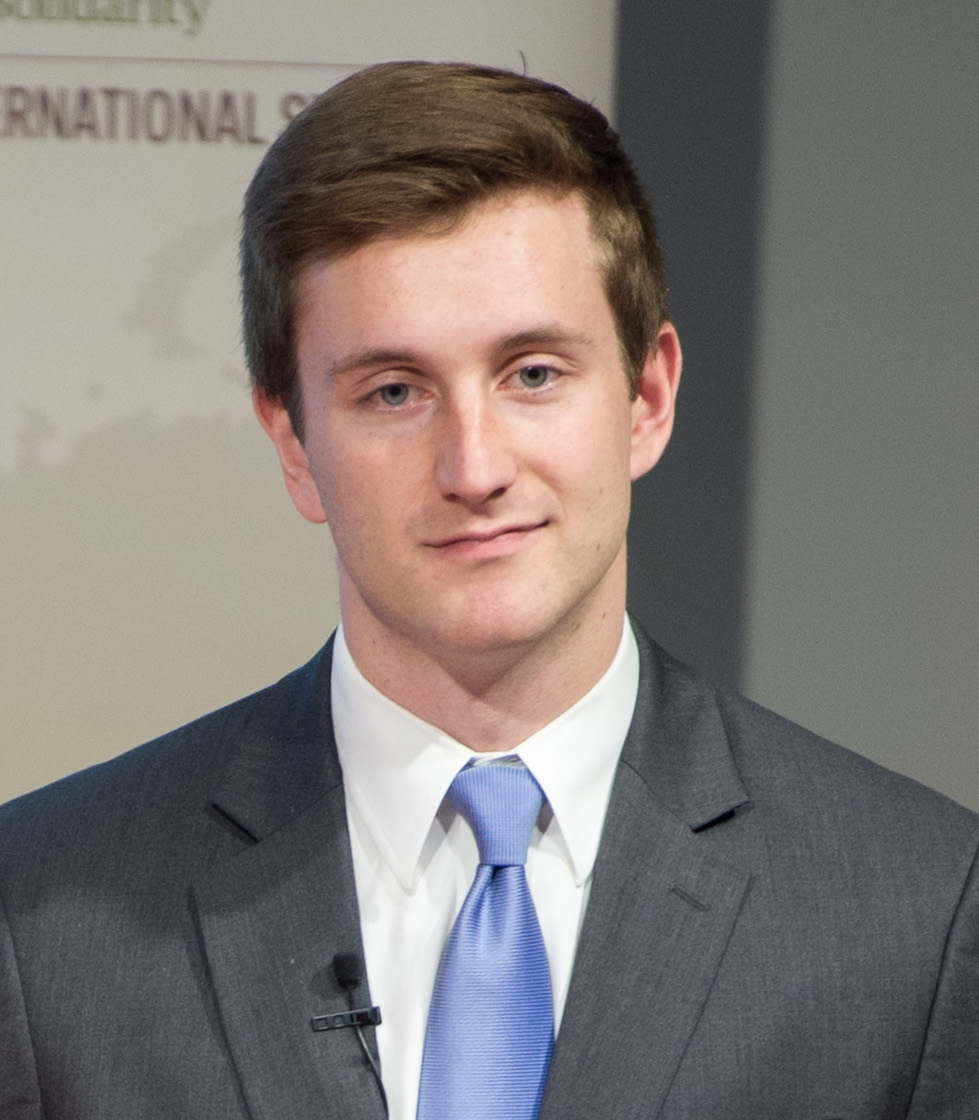 Tommy Emmet '18
Tommy Emmet '18
Major: Neuroscience and Behavior
Minor: International Development Studies
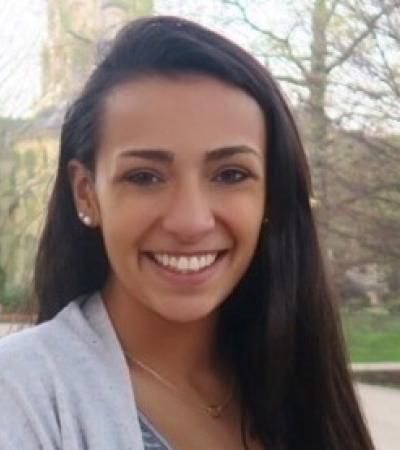 Abigail Midlige '18
Abigail Midlige '18
Major: Biological Sciences
Minor: International Development Studies
2017 Development with Dignity: A Human-Centered Approach to Progress
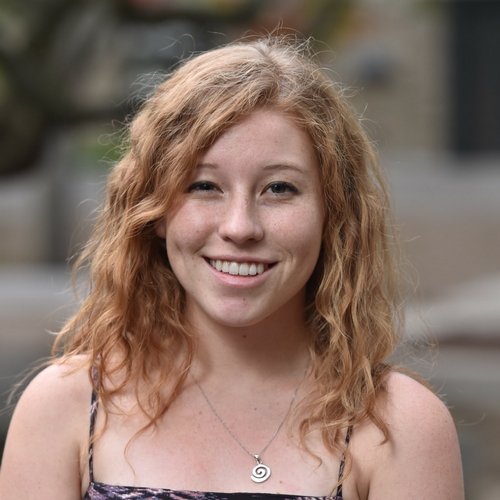 Eryan Gwin '17
Eryan Gwin '17
Major: Architecture
Minor: International Development Studies
Daniel Kendall '17
Major: Neuroscience and Behavior
Minor: International Development Studies
2016 Re-Imagining Development: Pursuing Good in a Changing World
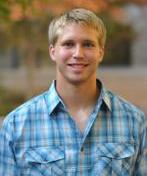 Andrew Scruggs '16
Andrew Scruggs '16
Major: International Economics
Minor: International Development Studies / Philosophy, Religion & Literature
Ena Solórzano '16
Major: Economics
Political Science
2015 Envision, Enact, Evaluate: Sustaining Momentum in Development
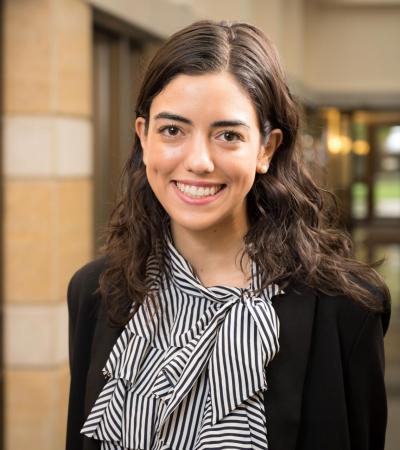 Magdalena Guzman '16
Magdalena Guzman '16
Major: Economics
Political Science
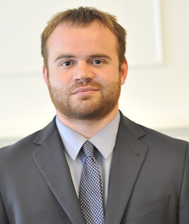 Christopher Newton '15
Christopher Newton '15
Major: Political Science
Minor: International Development Studies
2014 Transforming Development: New Actors, Innovative Technologies & Emerging Trends
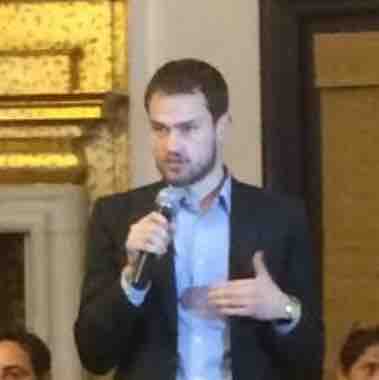 John Gibbons '14
John Gibbons '14
Major: Political Science
Chinese
Minor: International Development Studies, Glynn Family Honors Program
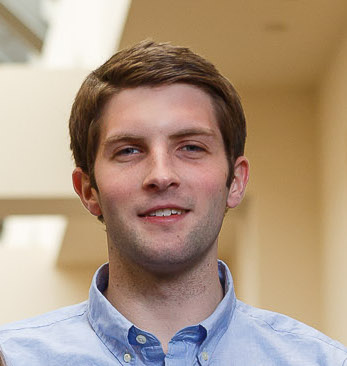 Edward Linczer '14
Edward Linczer '14
Major: Political Science
Chinese
2013 In the Field: Cultivating Collaboration and Innovation
 Hannah Reiser '13
Hannah Reiser '13
Major: Science Preprofessional
Minor: International Development Studies
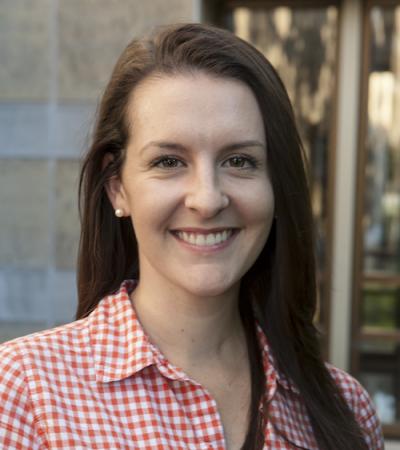 Kara Ryan '13
Kara Ryan '13
Major: Science Preprofessional
Minor: International Development Studies
2012 Faces Behind the Figures: Visions of Prosperity, Progress, and Human Potential
 Kara Ryan '13
Kara Ryan '13
Major: Science Preprofessional
Minor: International Development Studies
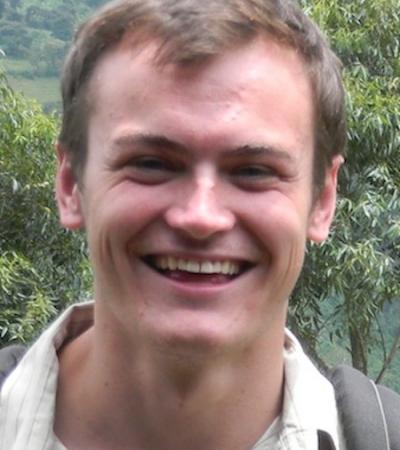 Greg Woods '12
Greg Woods '12
Major: Science Preprofessional
Sociology
2011 Unleashing Human Potential: Global Citizens in Pursuit of the Common Good
Michelle Giezeman '11
Marissa Woodard '11
2010 People, Power, and Pragmatism: The Future of Development in Our Changing World
Andrew Seelaus ' 10
Barbara Vi Thien Ho '10






